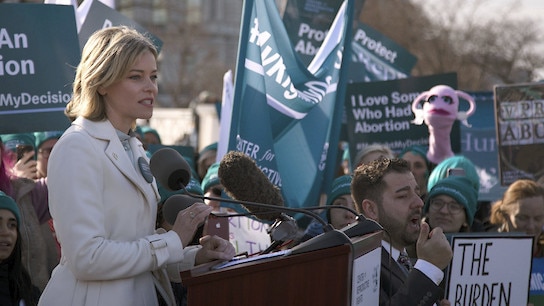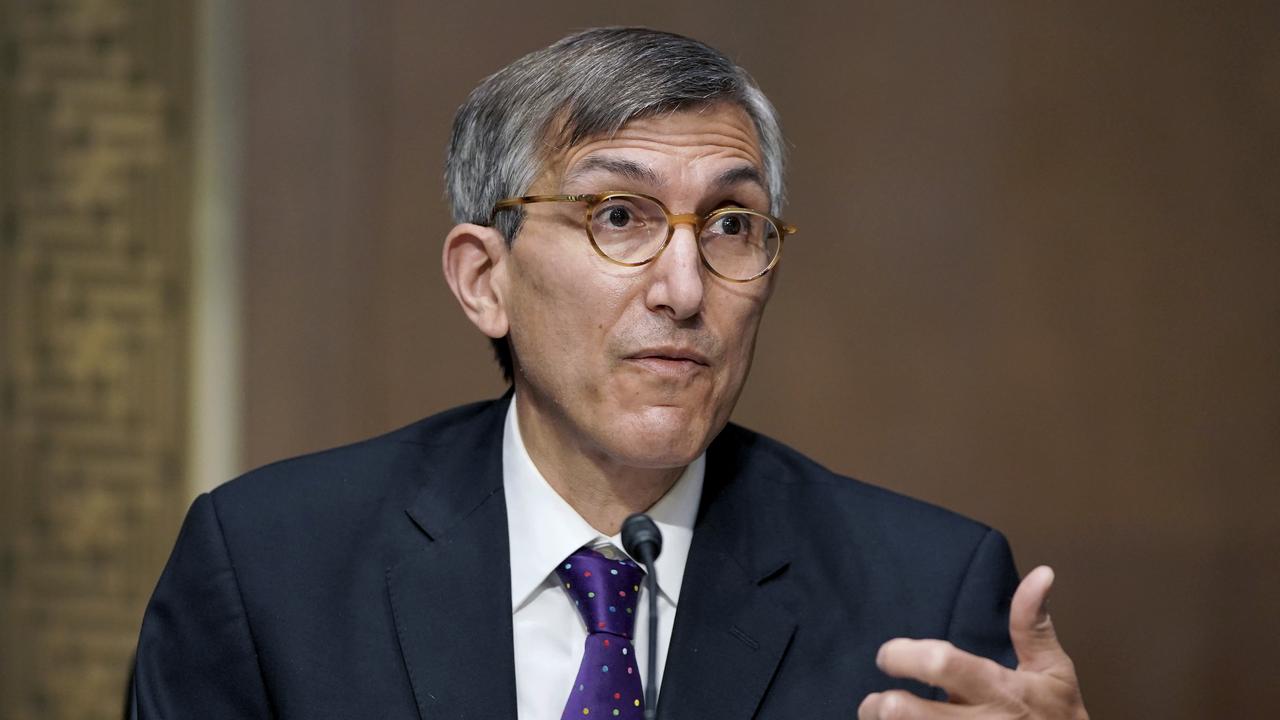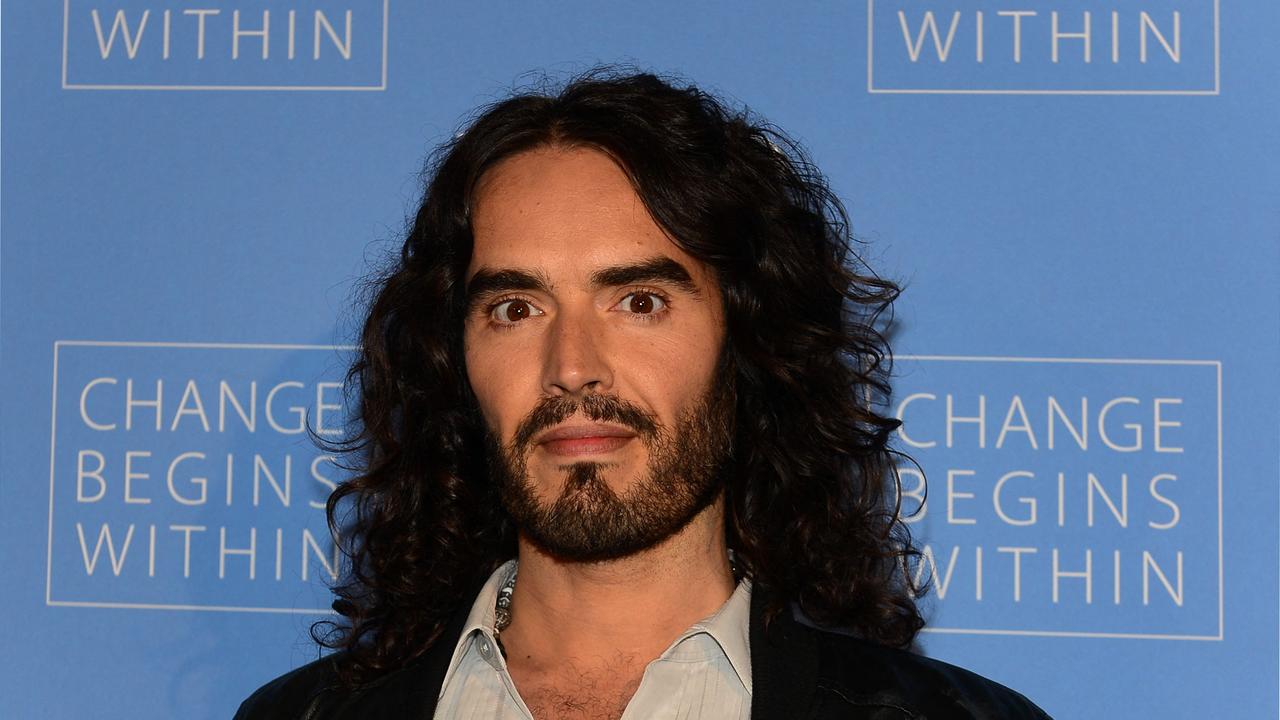Judges voice clashing views as they weigh Louisiana abortion law
US Supreme Court judges voiced clashing views about abortion restrictions in Louisiana.

US Supreme Court judges voiced clashing views about abortion restrictions in Louisiana in a case that could send signals about whether a more conservative high court will begin to narrow precedent on abortion rights.
During an hour-long oral argument on Thursday AEDT, the court considered a Louisiana law enacted in 2014 that requires doctors performing abortions to hold admitting privileges at a hospital no more than 50km away.
Challengers in the case, an abortion clinic and two physicians who provide abortions, argued the restrictions were not justified and provided no health or safety benefits. Instead, the rules were aimed at curbing abortion and imposed an undue burden on women by leaving the state with a single clinic, Julie Rikelman of the Centre for Reproductive Rights said.
Louisiana says its legislature passed the restrictions to protect the health and safety of patients, to vet doctors and to bring abortion regulations in line with those for other outpatient procedures.
Louisiana Solicitor-General Elizabeth Murrill said there was “abundant evidence” that the state law was needed to address safety concerns.
Many of the judges’ questions fell along ideological lines. Samuel Alito set the tone early on the conservative side, questioning why abortion providers even had standing to bring legal claims based on alleged burdens faced by patients.
When Ms Rikelman insisted the plaintiffs had proper legal standing, Justice Alito said: “Well, that’s amazing.” If an abortion provider was seeking to avoid a restriction it considered onerous but that the state intended to increase patient safety, then there was a conflict of interest if the provider was the one to bring the legal challenge, he said.
On the other side was Ruth Bader Ginsburg, who said Louisiana waited too long to argue that the lawsuit wasn’t proper, and that the state’s 50km requirement for hospital-admitting privileges made no sense. Sonia Sotomayor made similar comments.
Chief Justice John Roberts, who is expected to be a crucial vote in the case, asked probing questions of both sides, including on how to apply a 2016 Supreme Court ruling that invalidated substantially similar abortion restrictions in Texas. He dissented in that 5-3 vote. Chief Justice Roberts said the Texas ruling was based on detailed facts within that state, and he asked whether the same abortion restrictions might pass muster elsewhere if the facts on the ground showed them to be less burdensome on women.
Another closely watched questioner was Brett Kavanaugh, the court’s newest member and replacement for Anthony Kennedy, who had been a key vote for preserving abortion rights.
Justice Kavanaugh questioned the challengers’ argument that an abortion law requiring admitting privileges would never be valid, and he asked what would happen if abortion providers were more easily able to obtain such privileges.
The case, June Medical Services v Russo, is the first abortion matter the court has considered with the addition of two Donald Trump appointees: Justice Kavanaugh and Neil Gorsuch. Justice Gorsuch didn’t speak during Thursday’s argument.
The Wall Street Journal



To join the conversation, please log in. Don't have an account? Register
Join the conversation, you are commenting as Logout